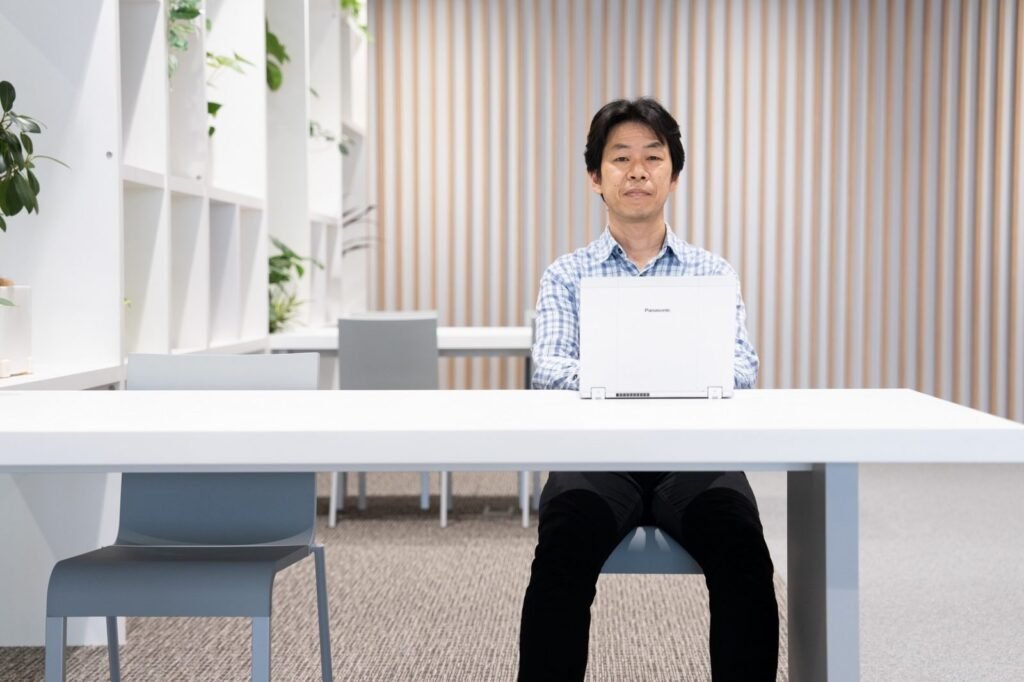In mid-February, as most of the world was just starting to understand the potential power of generative AI models, Panasonic Connect, a part of Japanese electronics giant Panasonic Group, rolled out its own version of an AI assistant to all 12,500 employees in Japan, from its CEO to the most junior staff.
Panasonic Connect, that focuses on business-to-business solutions, called the AI assistant ConnectAI and encouraged its use for everyday tasks, from drafting emails to gathering information to writing computer code.
The idea was for ConnectAI to help with the labor and legwork that can eat up an office worker’s day, to free them to come up with ideas and solutions. ConnectAI was built with Microsoft Azure OpenAI Service.
“We believe all business professionals will use AI on a daily basis,” said Hiroki Mukaino, senior manager of IT and digital strategy at Panasonic Connect, headquartered in Tokyo. “Our choice was not whether to use AI or not, but when to start using it.”
Generative AI tools, which are built on large language models (LLMs) that synthesize vast troves of data to generate text, images and more, are seen as the biggest technological leap since the advent of the internet and smart phones. Because the technology is so new and powerful and, as with any new technology, can deliver imperfect results, many companies have been unsure how to adopt it.
Japan has the oldest population in the world, with almost a third of its population of 125 million over the age of 65. The National Institute of Population and Social Security Research estimated in 2019 that Japan’s population will shrink to 106 million in 30 years. Unemployment today is a mere 2.6 percent.
Seen against this labor demographic decline, generative AI is one way of “increasing employee productivity,” said Mukaino. “AI allows us to focus on creative tasks that only humans can do.”
Panasonic Connect opted to create its own version of its AI assistant, built with Azure OpenAI Service, instead of a free offering, to help ensure data security. Azure OpenAI Service, which allows developers to use generative AI models for enterprise applications, also includes other features such as responsible AI protections that allow companies to filter inappropriate content. Panasonic Connect also noted that a bespoke AI assistant also allows the company to track and analyze use, and plan upgrades, such as creating more personalized experiences.
ConnectAI was rolled out on February 17, 2023, and the number of queries has grown rapidly. In the first month, employees posted 55,380 questions, or just under 2,000 a day. Today, ConnectAI gets 5,000 questions per day, said Mukaino.
Full note : https://news.microsoft.com/apac/features/not-if-but-when-why-japans-panasonic-connect-is-going-all-in-on-ai/




